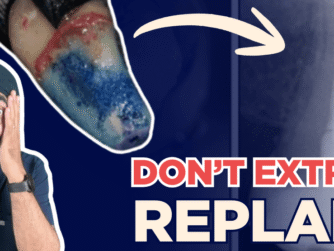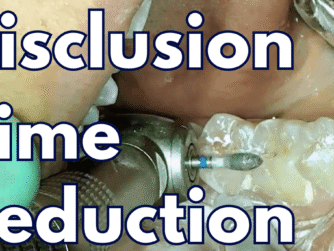Podcast: Play in new window | Download ()
Implants can fail – we all know that…but what are the medico-legal implications when they fail at 6 months after restoring them…
Is it all the restoring Dentists’ problem? ‘He who touched it last’? Or does the implant placing surgeon also need to be involved in the ‘post-mortem’?
How can we handle the upset patient (and prevent this in the first place!)
In the latest podcast episode, we introduced Dr. Joe Bhat and Neel Jeiswal, both prominent figures in Dentistry. Neel, representing PDI, has a rich background in clinical dentistry and medico-legal matters, while Dr Joe Bhat is a dual specialist in Oral Surgery and Prosthodontics. Joe established a pioneering multi-disciplinary clinic 20 years ago, which continues to thrive with numerous referrals.
Both guests provided deep insights into implant failures, patient management, and the importance of effective communication and collaboration in dental practices.
Check out Dr Joe Bhat’s place of practice – Moor Park Specialists
Due a renewal for your indemnity/insurance? Get a quote and special discount from PDI
If you liked this episode, you will also like 4 Ways to Boost Osseointegration of Your Implants – PDP155 – Protrusive Dental Podcast







